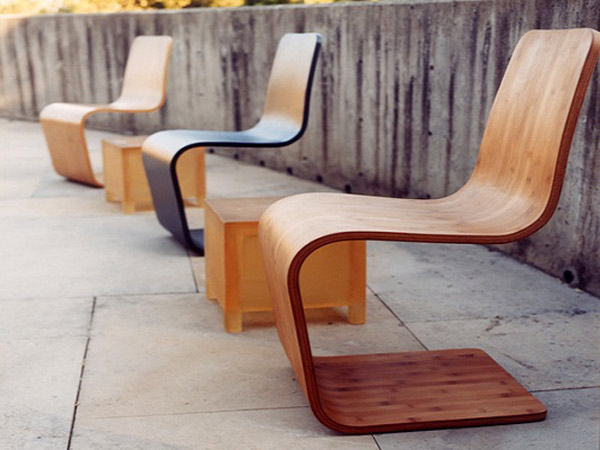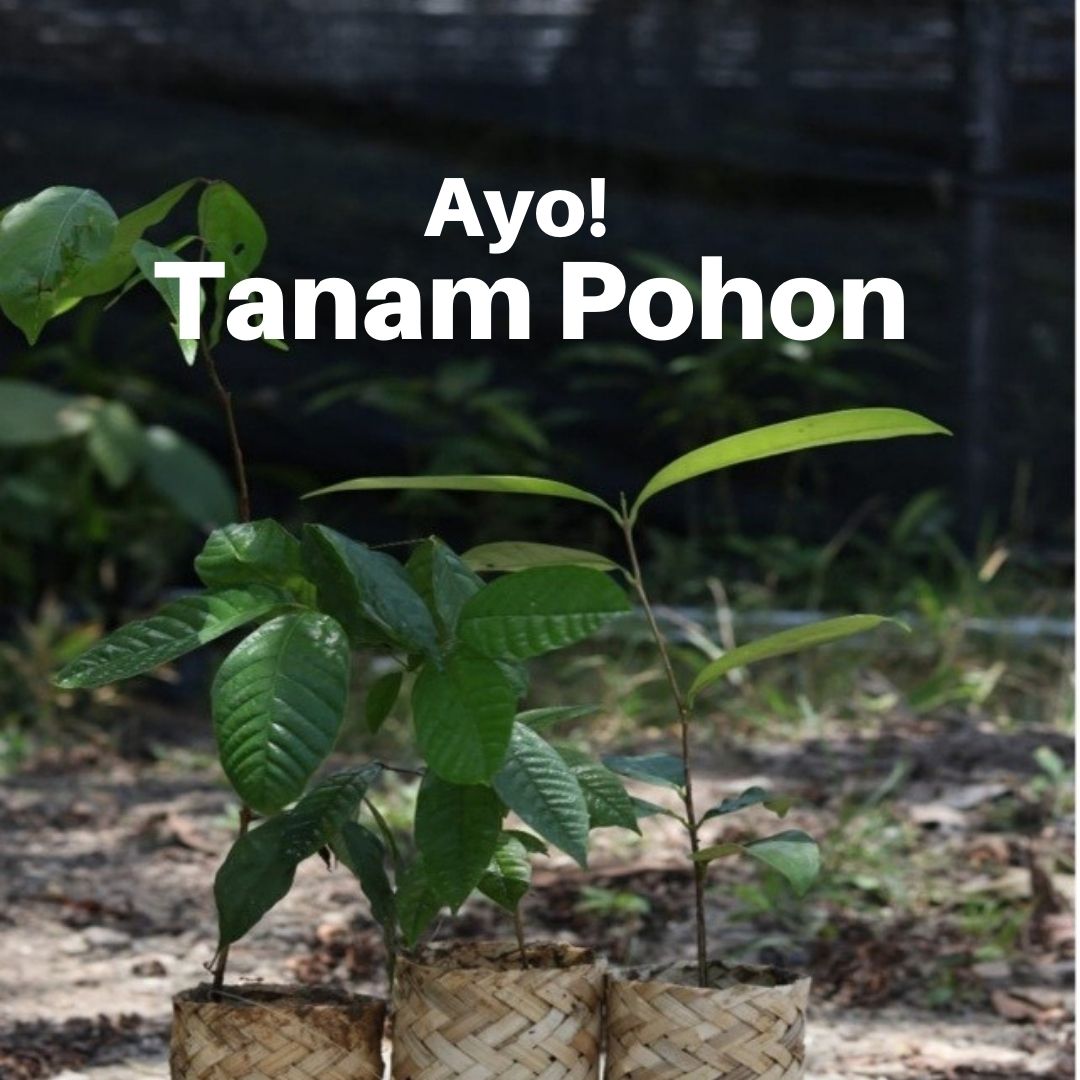In a bid to promote eco-friendly practices, Asian furniture manufacturers have initiated efforts to encourage the utilization of bamboo as a substitute for plastic.
This initiative aligns with the increasing trend towards environmentally friendly furniture products.
The utilization of bamboo was among the key topics discussed at the 25th Annual General Meeting of the Council of Asian Furniture Associations (CAFA).
The meeting took place in Tangerang on February 27-28, 2024, and was attended by 32 delegations from CAFA member countries. The Association of Indonesian Furniture and Handicraft Industries (ASMINDO) hosted the meeting.
The CAFA conference was inaugurated by the Minister of Cooperatives and SMEs, Teten Masduki, and the Minister of Tourism and Creative Economy, Sandiaga Uno, who delivered their remarks via video.
In his address, the Chairman of ASMINDO, Dedy Rochimat, expressed Indonesia’s immense potential to become a global hub for furniture development and production.
Indonesia boasts abundant natural resources spread across its 17,000 islands, particularly in terms of sustainable furniture raw materials, rich culture, unique locally inspired furniture designs, and supported by the world’s fourth-largest population.
Rochimat emphasized the need to continue developing this potential in synergy with all stakeholders domestically and through mutually beneficial international collaborations.
“Indonesia is the world’s largest and best producer of rattan and ranks as one of the top three countries in bamboo resources,” he said.
He emphasized the necessity of promptly utilizing and developing these potentials to positively contribute to the furniture industry’s role in generating foreign exchange and improving societal welfare.
Rochimat continued, stating that rapid infrastructure development, coupled with an increasing demand for furniture, especially eco-friendly furniture, is driven by growing environmental awareness.
The demand for eco-friendly furniture is estimated to have reached 8.6%, doubling the growth rate of the overall furniture market, which stood at 4.3%. The demand for eco-friendly furniture is projected to reach $51.02 billion USD in 2022.
Although this figure accounts for only 6.7% of the overall furniture demand, which amounts to $766 billion USD, by 2060, the demand for eco-friendly furniture is estimated to surpass 25% of total furniture demand.
Asia is the primary driver of furniture market growth. Demand for eco-friendly furniture in Asia is growing at a rate of 10% annually, surpassing the overall furniture market growth rate of 8.18% per year.
Furniture demand in the Asian region is estimated to reach $179.20 billion USD in 2024, with $9.37 billion USD (or 5.23%) of that contributed by the demand for eco-friendly furniture.
According to Rochimat, the relatively high growth in demand for eco-friendly furniture presents a significant opportunity that must be collectively addressed by establishing research and production centers for eco-friendly furniture in industrial zones, including those in Indonesia.
“We need to set collective targets and develop concrete action plans to achieve furniture and handicraft export values to the global market, reaching 1% of the world market, or around $7 billion USD per year in the coming years,” he said.
The key, he emphasized, lies in synergy and collaboration among all stakeholders, including relevant ministries, furniture and handicraft industries, raw material producers, designers, and educational institutions producing skilled human resources in furniture and handicraft sectors.
In line with the utilization of bamboo and rattan as primary materials, CAFA delegates signed an agreement/initiative regarding “Bamboo as Substitute for Plastics in Asia,” and specifically, ASMINDO signed a Memorandum of Understanding with the China National Furniture Association (CNFA). ***




